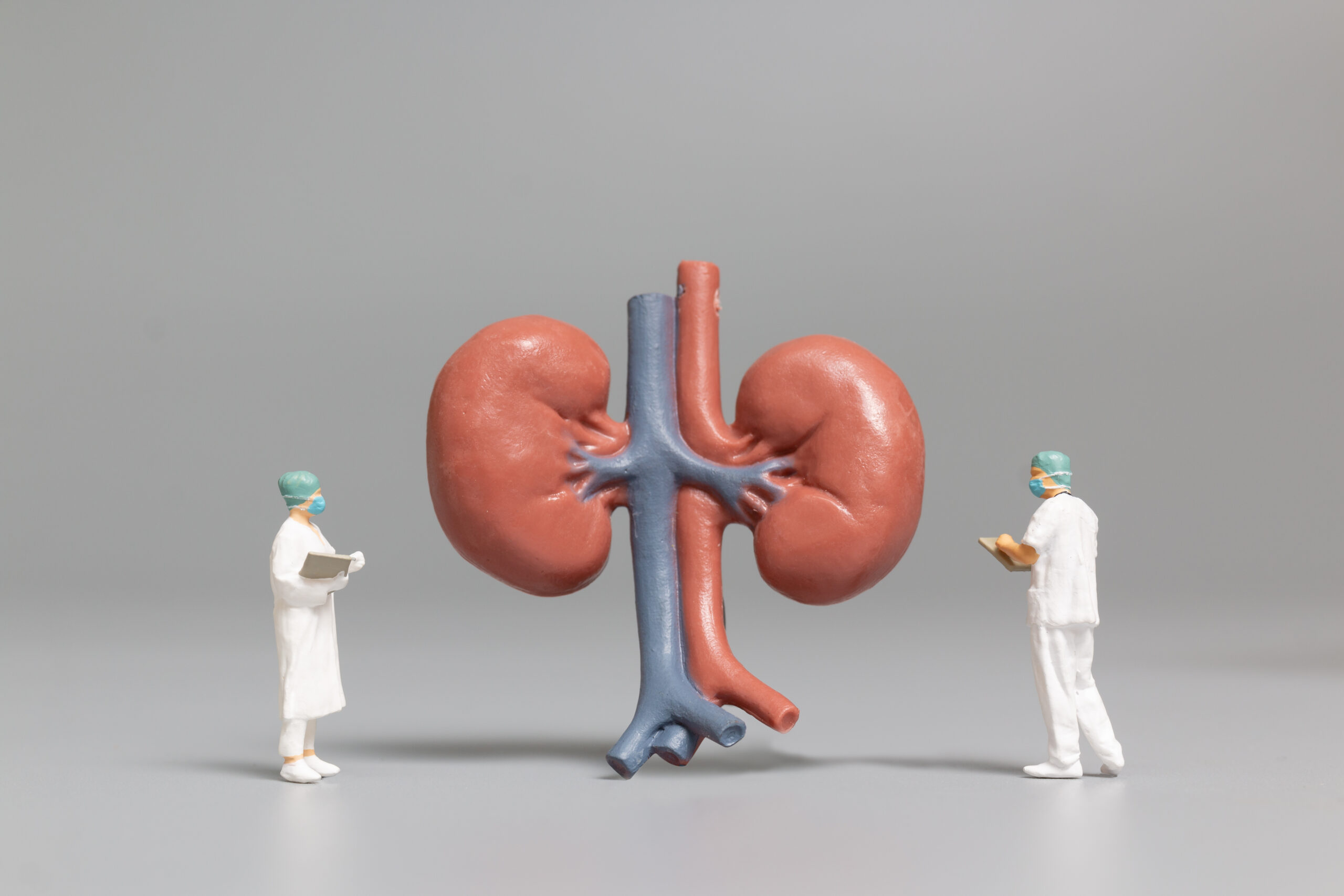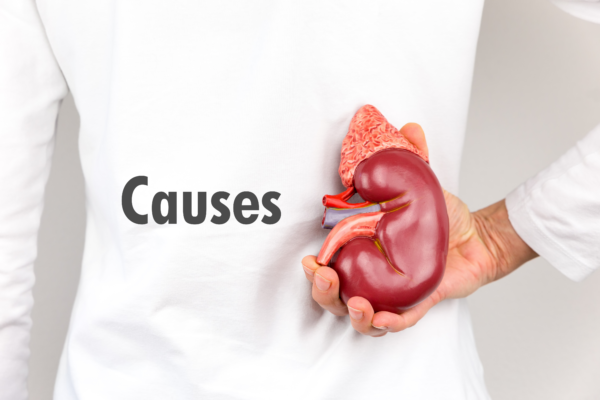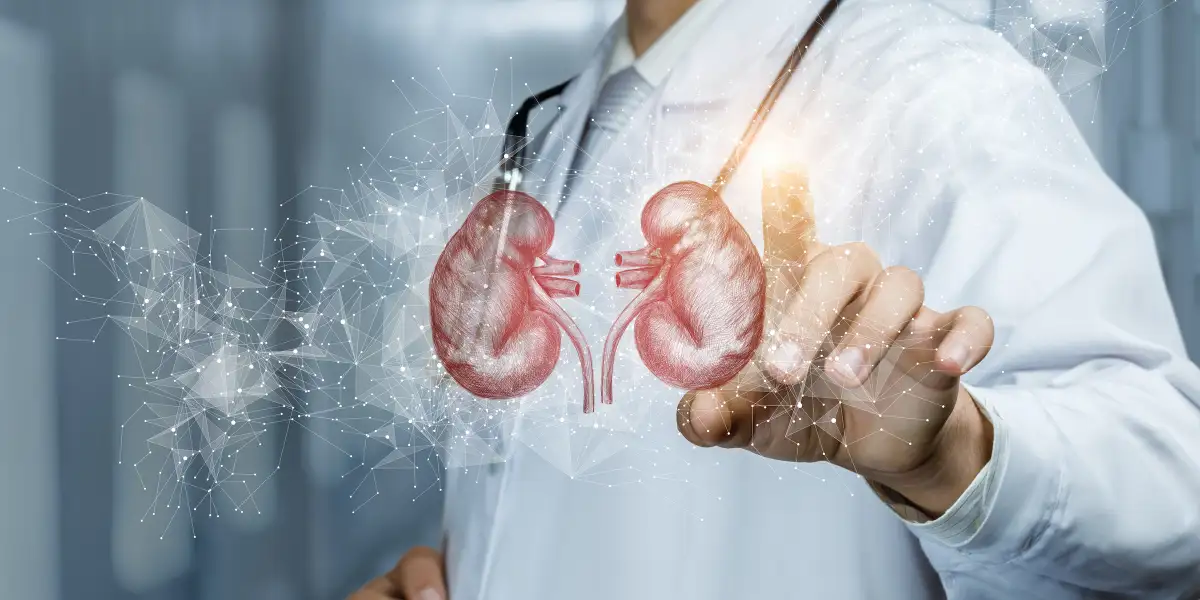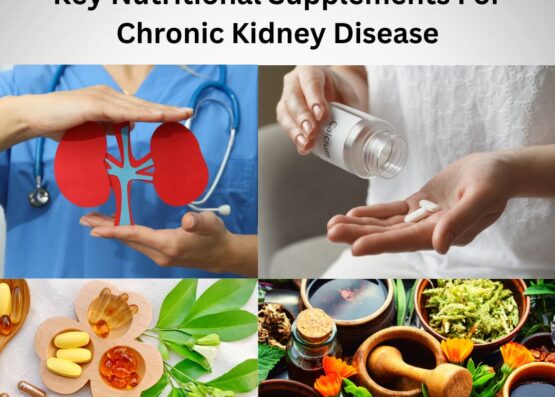Optimal Kidney Health
Your kidneys are like super-efficient filters in your body, working tirelessly to remove waste and toxins from your blood. But they’re not just cleaners; they’re also crucial for keeping your blood pressure stable, balancing electrolytes, and even producing hormones that regulate things like bone health and red blood cell production. They are the unsung heroes of your body, quietly keeping things running smoothly for your body. Taking care of your kidneys means you’ll have more energy, feel better, and live a happier, healthier life. The kidneys are prone to different kinds of disorders like kidney stones and UTIs. With the Functional Medicine Program for Optimal Kidney Health by Wellness By Rosh, we bring the best of natural remedies and tips with a tailor-made program that will boost your kidney health and help you live better with Chronic Kidney Disease.
Our kidneys are prone to different kinds of health issues and disorders that make our life and health debilitating. Some of the most common kidney disorders experienced by people are:
Kidney stones: Hard mineral deposits in the kidneys, causing intense pain as they pass through the urinary tract. Treatment includes pain management, increased hydration, and sometimes surgical removal.
Polycystic kidney disease (PKD): A genetic disorder where fluid-filled cysts develop in the kidneys, leading to kidney enlargement and affecting their function. Treatment focuses on managing symptoms and complications.
Glomerulonephritis: Inflammation of the glomeruli, the kidney’s filtering units, leading to protein or blood in the urine. Treatment aims to reduce inflammation and control underlying conditions causing the inflammation.
Acute kidney injury (AKI): Sudden loss of kidney function, often caused by severe infection, dehydration, or certain medications. Treatment involves addressing the underlying cause, supportive care, and sometimes dialysis.
Chronic kidney disease (CKD): A gradual loss of kidney function over time, often due to conditions like diabetes or high blood pressure. Management involves lifestyle changes, medication, and sometimes dialysis or transplant.
In this program, our team focuses on providing a Functional Medicine Approach to lessen the burden of Chronic Kidney Disease which in turn helps individuals live a healthier life with this disorder. Moreover, after attending this program, you will be able to draw a roadmap to managing your chronic kidney disease in a better way. It is crucial to understand the root causes, symptoms and other important details related to Chronic Kidney Disease in order to live a better and healthier life. This program will help you become aware of the A to Z of Chronic Kidney Disorder.
“Control your glucose levels and diabetes. Identify it early and diminish the harm to kidneys. Celebrate this World Kidney Day by getting a full body check-up.”
What are some common Root Causes of Kidney Disorders?
Diabetes
High blood pressure (Hypertension)
Polycystic kidney disease (PKD)
Urinary tract obstructions
Congenital abnormalities
Autoimmune Diseases
Family History
Exposure to toxins



Signs and Symptoms of Kidney Disorders
Chronic kidney disease (CKD) is a condition where the kidneys gradually lose function over time. Symptoms may not appear until the kidneys are significantly damaged, so it’s important to be aware of signs, especially if you have risk factors such as high blood pressure, diabetes, or a family history of kidney disease. Here are the common signs and symptoms of CKD:
Fatigue: Feeling tired, weak, or lacking energy, even after resting, is a common symptom of CKD.
Swelling: Also known as oedema, swelling occurs in the legs, ankles, feet, face, or hands due to fluid retention caused by the kidneys’ inability to remove excess fluid from the body.
Changes in urination:
- Urinating more often, particularly at night (nocturia)
- Difficulty urinating
- Foamy or bubbly urine
- Urine that is pale, dark, bloody, or cloudy
Blood in urine: Also known as hematuria, it may be visible or detected through a urine test.
Protein in urine: Also called proteinuria, it’s an indication that the kidneys are leaking protein into the urine instead of filtering it back into the bloodstream.
High blood pressure: Hypertension is both a cause and a symptom of CKD. It can also worsen kidney function if left untreated.
Persistent itching: Dry, itchy skin, often accompanied by scratching, can occur due to the buildup of waste products in the blood.
Nausea and vomiting: Feeling nauseous, vomiting, or experiencing loss of appetite can be symptoms of advanced CKD.
Shortness of breath: Fluid buildup in the lungs, known as pulmonary edema, can cause difficulty breathing or shortness of breath.
Muscle cramps and weakness: Electrolyte imbalances caused by CKD can lead to muscle cramps, weakness, or twitching.
Changes in appetite: CKD can cause a loss of appetite, leading to weight loss or malnutrition.
Difficulty concentrating: Poor kidney function can lead to toxin buildup in the blood, affecting brain function and causing difficulty concentrating or memory problems.
Sleep problems: Restless legs syndrome, which causes an uncontrollable urge to move the legs, and sleep apnea are more common in people with CKD.
Keep in mind that early stages of CKD may not present with any symptoms, which is why regular check-ups, especially if you have risk factors, are important for early detection and management. If you experience any of these symptoms, it’s essential to consult a healthcare professional for proper evaluation and management.


Connection of Kidney Disorders with Other Disorders
Hypertension (High Blood Pressure):
Hypertension is both a cause and a consequence of kidney disorders.
High blood pressure damages the blood vessels in the kidneys over time, leading to kidney disease.
Conversely, kidney disease can exacerbate hypertension due to the kidneys’ role in regulating blood pressure.
Diabetes:
Diabetes is a leading cause of chronic kidney disease (diabetic nephropathy).
High blood sugar levels in diabetes damage the small blood vessels in the kidneys, impairing their function.
Around 30-40% of people with diabetes develop diabetic nephropathy.
Cardiovascular Disease:
Kidney disease and cardiovascular disease often coexist and share common risk factors like hypertension, diabetes, and high cholesterol.
Kidney disease increases the risk of heart disease, heart attacks, and stroke, and vice versa.
Autoimmune Disorders:
Conditions like lupus (systemic lupus erythematosus) and vasculitis can affect the kidneys, causing inflammation and damage.
These disorders can lead to glomerulonephritis, where the kidneys’ filtering units (glomeruli) become inflamed.
Urinary Tract Infections (UTIs):
Recurrent UTIs, especially if untreated, can lead to kidney infections (pyelonephritis), causing damage to the kidney tissue.
Chronic kidney infections can eventually lead to kidney scarring and impaired function.
Understanding these connections is crucial for comprehensive management and prevention strategies for both kidney disorders and associated conditions. Regular medical check-ups and proper management of risk factors can help reduce the likelihood of developing kidney disease and its complications.
Functional medicine takes a holistic approach to treating chronic kidney disorder (CKD), focusing on addressing the underlying causes of the disease and promoting overall health and wellness. Here’s how functional medicine approaches treating CKD:
Individualized Assessment: Functional medicine practitioners conduct a comprehensive assessment of the patient’s health history, genetics, lifestyle, and environmental factors to understand the root causes of CKD in each individual.
Dietary Modification: A personalized diet plan is created, often emphasizing whole, nutrient-dense foods such as fruits, vegetables, whole grains, healthy fats, and lean proteins. This diet helps manage blood pressure, blood sugar levels, and inflammation.
Nutrient Supplementation: Certain nutrients may be supplemented based on individual needs, such as vitamin D, omega-3 fatty acids, B vitamins, and antioxidants, to support kidney function and overall health.
Gut Health Optimisation: Functional medicine recognizes the gut-kidney axis and the importance of gut health in managing CKD.
Probiotics and Prebiotics: These are used to promote a healthy gut microbiome, which may help reduce inflammation and improve kidney function.
Digestive Enzymes: Enzyme supplements may aid in digestion and nutrient absorption, particularly if there are gastrointestinal issues.
Blood Sugar Regulation: For patients with diabetes or insulin resistance, managing blood sugar levels is crucial for preventing further kidney damage.
Low Glycemic Diet: Emphasizing foods with a low glycemic index to stabilize blood sugar levels.
Physical Activity: Regular exercise helps improve insulin sensitivity and glucose control.
Stress Management: Chronic stress can worsen inflammation and contribute to kidney damage.
Functional medicine promotes stress-reduction techniques such as mindfulness, meditation, yoga, and deep breathing exercises.
Toxin Reduction:
Environmental Toxins: Minimizing exposure to environmental toxins, including heavy metals, pesticides, and pollutants, which can contribute to kidney damage.
Detoxification Support: Supporting the body’s natural detoxification pathways through methods like hydration, sauna therapy, and liver support.
Hormonal Balance: Functional medicine addresses hormonal imbalances that may affect kidney function, such as adrenal and thyroid dysfunction.
Hormone Testing: Comprehensive testing to identify hormonal imbalances.
Hormone Replacement Therapy (if necessary): Using bioidentical hormones to restore balance.
Regular Monitoring and Follow-Up: Functional medicine practitioners monitor patients closely, adjusting treatment plans as needed and focusing on preventing further kidney damage and improving overall health and quality of life.
Functional medicine often involves a multidisciplinary approach, collaborating with other healthcare professionals such as nephrologists, dietitians, and mental health specialists to provide comprehensive care for CKD patients.
Functional medicine empowers patients to take an active role in their health and addresses the underlying causes of CKD to promote long-term healing and well-being.


Optimal Diet to Perform Kidney Function Better Based on Different Stages of Kidney Health
Early Stage (Stages 1-2)
Moderate Stage (Stage 3)
Advanced Stage (Stages 4-5)
In all stages of kidney disease, it’s important for individuals to
- Monitor blood pressure and blood sugar levels regularly.
- Work closely with a healthcare team, including a nephrologist and a registered dietitian, to develop a personalized diet plan.
- Consider other individual factors such as age, weight, nutritional status, and presence of other medical conditions.
- Adjust dietary recommendations based on changes in kidney function and overall health status.
- Following these dietary recommendations can help optimize kidney function and improve overall health at different stages of kidney disease.




Key Nutritional Supplements
Nutritional supplements, prebiotics and probiotics have helped individuals gain back control of their lives by reducing the symptoms and making their Chronic Kidney Disease better. At the end of this program, the participants will receive a curated list of nutritional supplements, prebiotics and probiotics that will be key in boosting kidney health and living a healthier life.
Why Choose Wellness By Rosh’s Functional Medicine Program for Optimal Kidney Health?
Unlock the door to a healthier and happier you with a functional medicine approach for optimal kidney health! Imagine the day when your kidneys, those unsung heroes of your body, not only function optimally but thrive with vitality. In this program, we’ll explore the transformative power of functional medicine—a holistic approach that goes beyond treating symptoms to uncover the root causes of kidney issues. Get ready to embark on this transformative journey for your kidneys and discover how personalized treatment plans, nutritional support, and lifestyle changes can revolutionize your kidney health journey. Join us and take the first step towards embracing a new paradigm of wellness!























